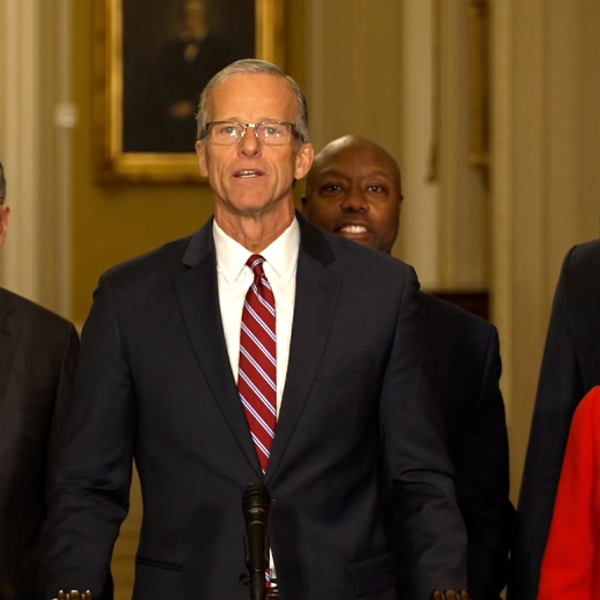
By Curtis Tate, McClatchy Washington Bureau
CHICAGO — Canadian safety investigators on Tuesday blamed a “weak safety culture” and inadequate government oversight for a crude oil train derailment last year in Lac-Megantic, Quebec, that killed 47 people.
In its nearly 200-page report, issued more than 13 months after the deadly crash, Canada’s Transportation Safety Board identified 18 contributing factors.
“Take any one of them out of the equation,” said Wendy Tadros, the board’s chairman, “and the accident may not have happened.”
Among other factors, the investigation found that the train’s sole engineer failed to apply a sufficient number of handbrakes after parking the train on a descending grade several miles from Lac-Megantic, and leaving it unattended for the night.
The engineer applied handbrakes to the train’s five locomotives and two other cars, but investigators concluded that he did not set handbrakes on any of the train’s 72 tank cars loaded with 2 million gallons of Bakken crude oil.
Investigators said the engineer should have set at least 17 handbrakes. Instead, he relied on another braking system in the lead locomotive to hold the train in place. But after local residents reported a fire on the locomotive later that night, firefighters shut the locomotive off, following instructions given by another railroad employee.
Not long after, the train began its runaway descent, reaching a top speed of 65 mph. The train derailed in the center of Lac-Megantic at a point where the maximum allowable speed was 15 mph.
Investigators said that the derailment caused 59 of the 63 tank cars that derailed to puncture, releasing 1.6 million gallons of flammable crude oil into the town, much of which burned. In addition to the 47 fatalities, 2,000 people were evacuated, and 40 buildings and 53 vehicles were destroyed.
The train’s engineer and two other railroad employees are set to go on trial next month. But Tadros noted that the investigation revealed “more than handbrakes, or what the engineer did or didn’t do.”
“Experience has taught us that even the most well-trained and motivated employees make mistakes,” she said.
The Quebec derailment set in motion regulatory changes on both sides of the border to improve the safety of trains carrying crude oil. Sixteen major derailments involving either crude oil or ethanol have occurred since 2006, according to the U.S. National Transportation Safety Board.
Tadros said the railroad relied on its employees to follow the rules and that regulators relied on the railroads to enforce their own rules. But she said that a complex system requires more attention to safety.
“It’s not enough for a company to have a safety management system on paper,” she said. “It has to work.”
AFP Photo/Bertrand Guay
Interested in world news? Sign up for our daily email newsletter!








